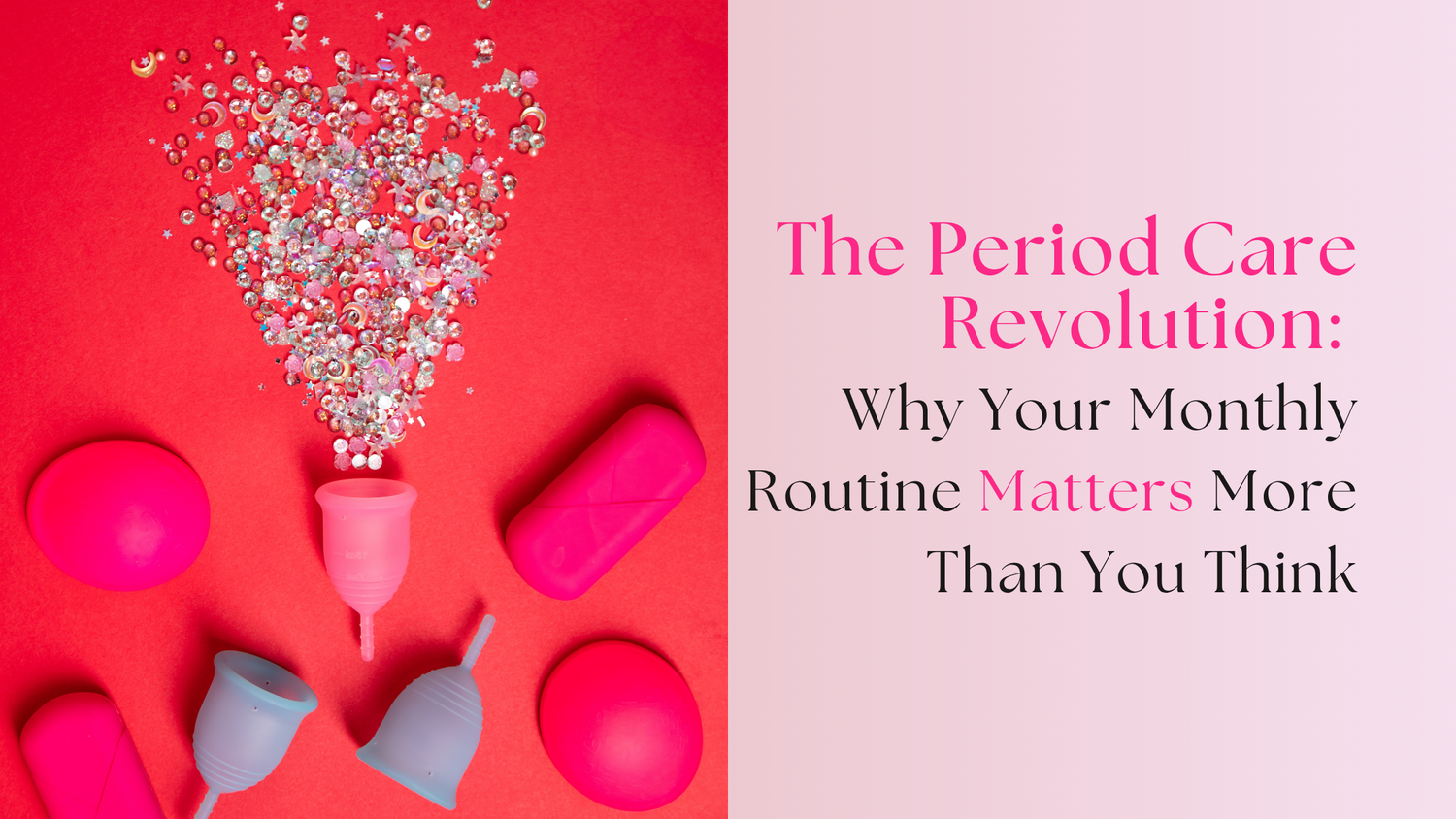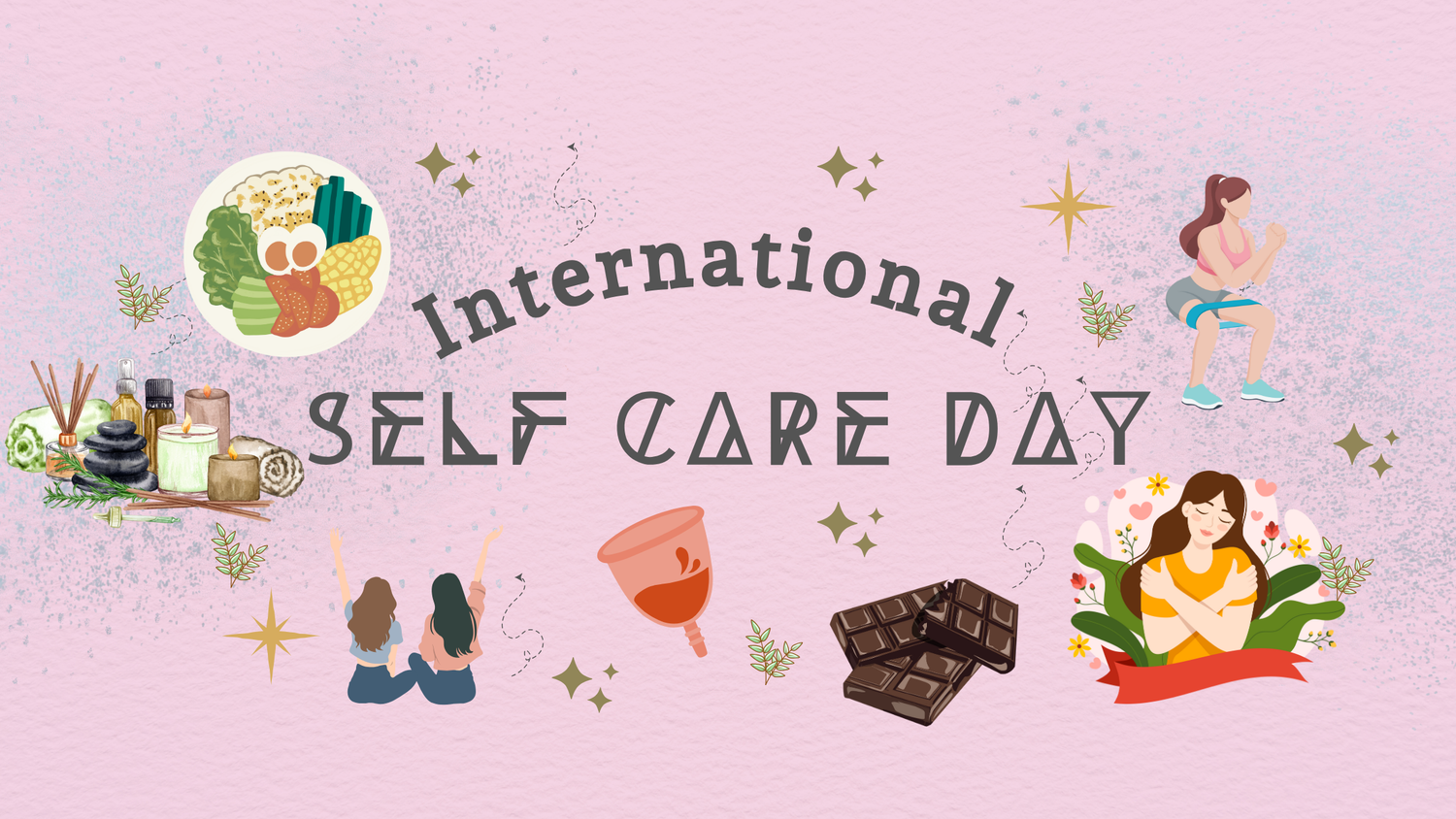Sisters, let's talk about PMS.
As women, our bodies go through an amazing transformation each month preparing for potential pregnancy. This involves a complex dance of hormones that unfortunately can sometimes lead to that dreaded visitor - PMS.
Most Common PMS Symptoms
But just because these hormone fluctuations happen monthly does NOT mean we should suffer in silence! Here are some of the most common PMS symptoms that many of us experience:
- Mood changes like irritation, anxiety, or feeling blue (thanks, hormones!)
- Bloating, breast tenderness, headaches and cramps - ugh, the pain!
- Extreme fatigue - where did my energy go?!
- Intense food cravings (hello, chocolate!)
- Trouble sleeping - tossing and turning all night
- Feeling extra sensitive and overwhelmed
While our hormones may sometimes feel out of our control, there ARE proactive steps we can take to minimize the impact of PMS:
- Exercise and move that body - it truly helps!
- Avoid excess salt and caffeine
- Take some "me-time" to relax
- Treat yourself to a soothing massage
- Communicate your needs to friends and family
- Talk to your doctor if symptoms feel severe symptoms.
Ladies, PMS is a natural part of our womanhood - but we are STRONG! We can care for our bodies and support each other through any discomfort.
FAQs
1. What is PMS, and why do women experience it?
PMS stands for Premenstrual Syndrome, a set of symptoms that many women experience before their menstrual period. It occurs due to hormonal fluctuations in preparation for potential pregnancy.
2. Can PMS symptoms change over time or with age?
Yes, PMS symptoms can vary from one person to another and may change over time or with age. Some women may experience different or evolving symptoms as they go through different life stages.
3.Can stress worsen PMS symptoms?
Stress can potentially exacerbate PMS symptoms. High stress levels may make mood swings and other PMS symptoms more intense. It's important to manage stress through relaxation techniques, which can be beneficial in PMS management.
4. Are there any specific dietary recommendations to alleviate PMS symptoms?
While the article mentions avoiding excess salt and caffeine, there may be other dietary recommendations that can help manage PMS symptoms. For example, some women find relief by increasing their intake of certain nutrients like calcium, magnesium, and vitamin B6.
5. Are there natural remedies or alternative therapies that can help with PMS?
Some women explore natural remedies and alternative therapies, such as herbal supplements, acupuncture, or yoga, to alleviate PMS symptoms. These methods can vary in effectiveness from person to person.
Related Topics:
2. Menstrual Discs vs. Cups: Choosing the Right Sustainable Menstrual Product for You





